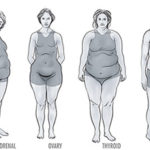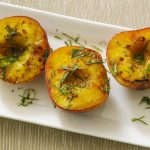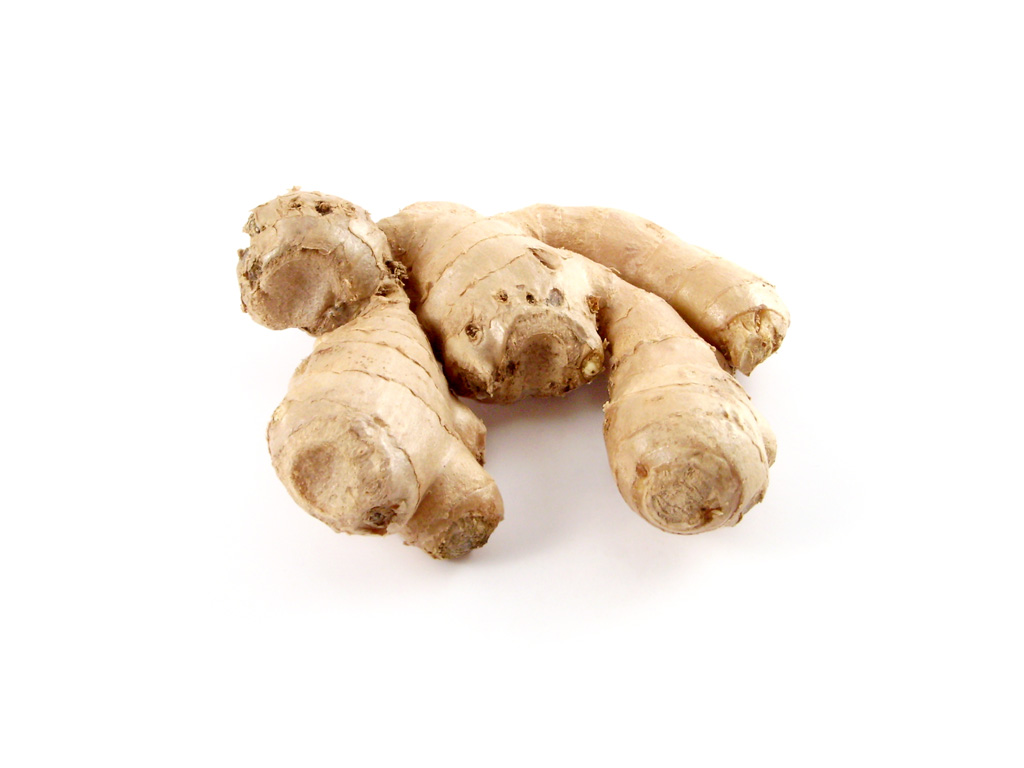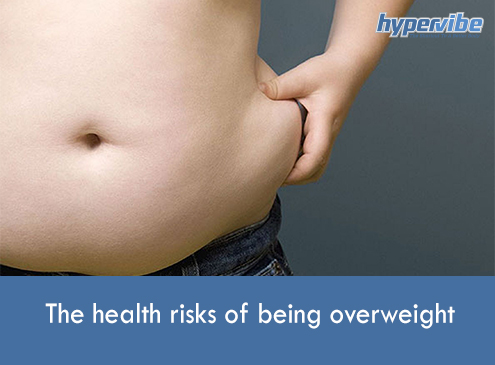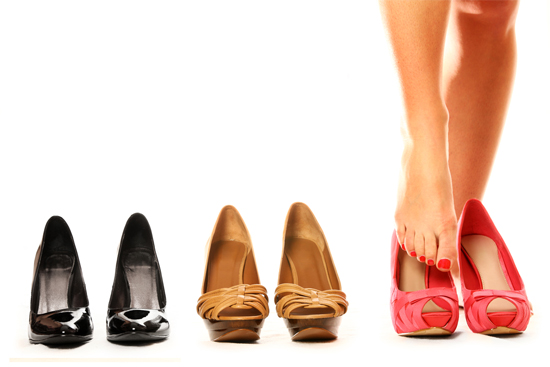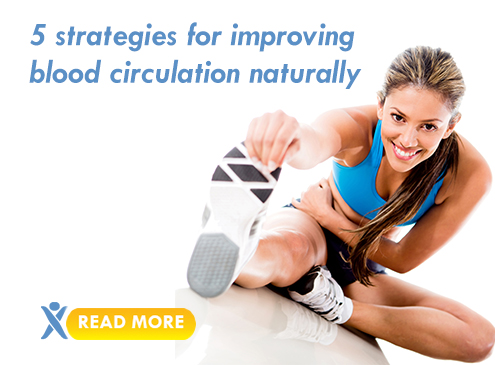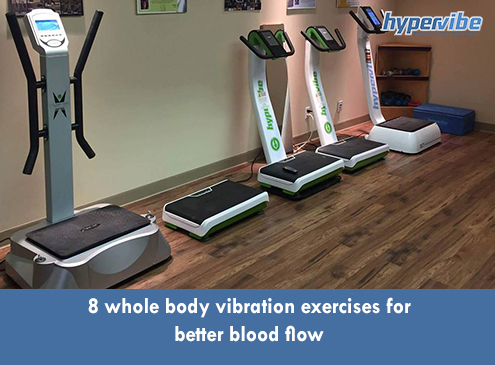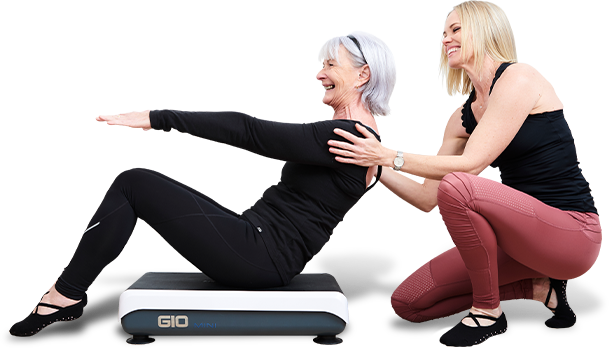Natural solutions for high blood pressure
High blood pressure or hypertension is more common in people who smoke, in diabetics, those with high levels of bad cholesterol and in overweight individuals, but even those who have an otherwise satisfactory level of health can still be affected by hypertension.
A survey taken in 2010 by the Heart Foundation found that 1 in 3 Australians aged 30-65 years has higher than normal blood pressure, rates being similar in the USA, where hypertension is the leading cause of stroke and affects more than 30% of American adults.
The normal values of blood pressure vary depending on one’s age, being lower in kids and higher in adults. For a healthy adult, values that are around 120/80 are considered safe, but if you’re measuring the pressure after a workout, or after skipping sleep hours or when you’re hungry, tired or stress, you might get slightly different values.
In some people, a single cup of coffee can cause hypertension, while in others a stressful situation like delivering a speech in front of a large audience can have the same effect. However these episodes that are singular shouldn’t be perceived as an alarm signal; for one to be diagnosed with hypertension, the blood pressure values have to be higher than 180/110, although a value of 140/90 also indicates a normal to high pressure.
If such values appear on several occasions, and are not caused by exercise or emotional situations, then you might be hypertensive and your doctor might recommend measuring your blood pressure over a period of 24 hours to confirm the diagnosis.
What the blood pressure value means
The blood pressure is defined as the pressure of your blood against the walls of arteries. When the blood is pumped by your heart, it travels through the blood vessels with a certain speed, and describes a regular wave pattern. When the heart pumps, the value registered is the systolic pressure, and when the cardiac muscle relaxes and the pressure falls, it’s called diastolic pressure.
The two numbers in the value that your physician measures define the systolic and diastolic blood pressure. Both these numbers are always present in the measurement regardless of who does the test, as the heart pumps blood continuously (generating the systolic pressure value) and relaxes between two contractions (giving the diastolic pressure value).
Hypertension is a serious condition, although it’s often neglected and treated as a “natural” thing. While it’s true that you don’t hear too often that someone has died from hypertension, the higher than normal blood pressure can cause heart failure, stroke, heart attack or kidney disease, so it can be fatal.
How to naturally manage hypertension
To lower blood pressure naturally you might need to change a couple of aspects in your lifestyle, starting with your diet. Eating less saturated fat and salt, as well as more complex carbohydrates (like legumes, fruits, veggies and whole grains) is helpful in lowering blood pressure.
Foods that are rich in calcium, potassium and magnesium, as well as those cooked without saturated fats, low-fat dairy products, fish, nuts and poultry are on the list of good foods for hypertensive patients, while products like sweets, red meat, foods high in cholesterol, fast food products are among those that favor hypertension.
Increasing physical activity is also effective in keeping your blood pressure in normal limits. Scientific evidence shows that 30 to 60 minutes of exercise, three-four times per week can significantly decrease the values of blood pressure, being just as effective as medications in some sufferers.
Moreover, people who are active on a daily basis are less likely to develop hypertension, so it’s good to consider exercising even if it’s not for fitness and beauty goals. Walking, cycling, swimming, jogging, lifting weights, doing pilates or yoga is helpful not only because it helps you look better but also because such activities regulate blood pressure and help you keep stress under control as well.
Stressful situations are often the triggers of high blood pressure and living in constant tension is likely to make you hypertensive. If you manage emotional stress in a healthy manner, you can decrease blood pressure without the need of taking drugs. Relaxation techniques including massage, breathing exercises, aromatherapy and other similar solutions can also contribute to lower blood pressure and less anxiety.
If you have other suggestions, we’d like to hear from you! Comment below or join our Facebook community and share your thoughts with us!


